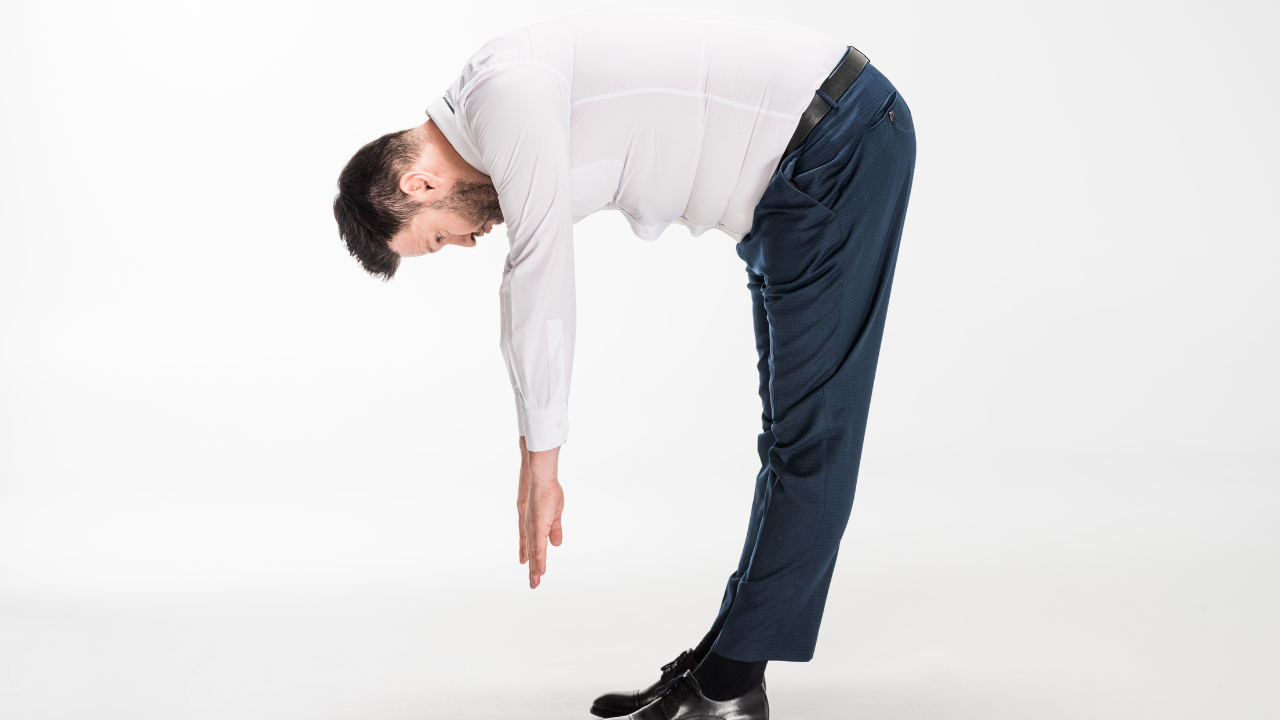
You Think You Can't Do Yoga Because....
By: Kim Lowe, Founder of Empower You
There are a million great reasons why EVERYONE should be doing yoga, especially people who are navigating the challenges of cancer. Study after study have shown that yoga helps patients feel less anxiety, depression, and fatigue, while also improving sleep and vitality.
If you're thinking about adding yoga to your cancer treatment and recovery plans, but there is a little voice in your head of doubt that stops you from taking the first step to get started, I encourage you to read on and then give yourself a gentle push towards wellness through yoga.
#1 You're in active treatment, so you don't know if yoga is safe for you.
The research has consistently show that yoga can be safely done during and after cancer treatment. In fact, the American Cancer Society endorses yoga during treatment (assuming your doctor has given you the green light) and supports a “Say Yes to Yoga” approach to living with cancer. Yoga is a versatile form of exercise that can be modified in countless ways to accommodate any physical or emotional challenges you may be facing during your treatment.
#2 You're too fatigued to function, let alone exercise!
Fatigue is one of the most common side effects patients experience during their cancer journey. Fortunately, many studies show how yoga can substantially improve this incredibly burdensome feeling. This is because yoga poses are designed to help move stagnant energy out of your body and welcome refreshing energy in.
#3 You don't feel well, and you just want to rest.
There are many extremely beneficial yoga poses that can be done lying down. In fact, some patients prefer to do yoga in bed before they are up to start the day!
#4 You don't know how to do yoga.
Nobody knows how to do yoga when they first start! I suggest adopting a healthy “not yet” philosophy when it comes to learning yoga. Just because you can’t do a pose today doesn’t mean you won’t be able to do it in the future. Start with a few poses that feel easy and work up from there. You can also sign up for our FREE Step-by-Step Guide for Starting Yoga after Your Diagnosis or jump into our Beginner's Cancer-Safe Yoga Program.
#5 You think your body is not flexible or strong enough to do yoga.
This is one of the most common reasons most people opt out of yoga! “I can’t even touch my toes! How will I ever do yoga?!” Years of experience have shown me that you don’t have to be flexible or strong to start your yoga practice. If you make the first step to start your yoga practice, I’m certain you won’t consider yourself to be inflexible or lacking in strength for long!
#6 You don't have any spare time.
Many people believe yoga is only beneficial when it is done for long periods of time. I believe that doing a little yoga each day is better than not doing any, and even five or ten minutes a day will reap huge benefits for patients. I promise that dedicating a small amount of time to yoga each day (or a few days a week) will reap benefits for you, even on your toughest days.
#7 You think you don't have the right body type to do yoga.
If I've said it once, then I've said it 1000 times....yoga isn't just for everybody. It is for EVERY BODY! For those of you on the thinner side, yoga will help you build more muscle. For those of you on the fluffier side, yoga will help you shed a few pounds and tone your body.
#8 You can't afford to spend money on something like yoga.
It’s true that attending yoga at a studio can be expensive, but doing yoga at home doesn’t have to be! You can learn a few poses you like and master them. Then, pick a few more. Before you know it, you’ll have your own at-home yoga practice underway. You can also sign up for our FREE Step-by-Step Guide for Starting Yoga after Your Diagnosis or jump into our Beginner's Cancer-Safe Yoga Program..
#9 You didn't do yoga before you had cancer, and you're worried about starting something new.
The paradox about extremely challenging times in our lives is they often inspire us to think outside the box and adopt healthier habits, which leads to less stress and more fun. It is okay if you did do yoga before your diagnosis. It is even okay if you did not exercise at all! This is even more reason to give yoga a try now. I’ve heard patients say that having something new and fun to learn offered a great distraction from the challenges they are facing.
I would like to close by saying that yoga does not need to be difficult to be beneficial. Even a few minutes of mindful breathing and gentle stretches can make a big difference in how you feel. Calm your doubts, give yourself a big boost of confidence, and start moving your body today!

